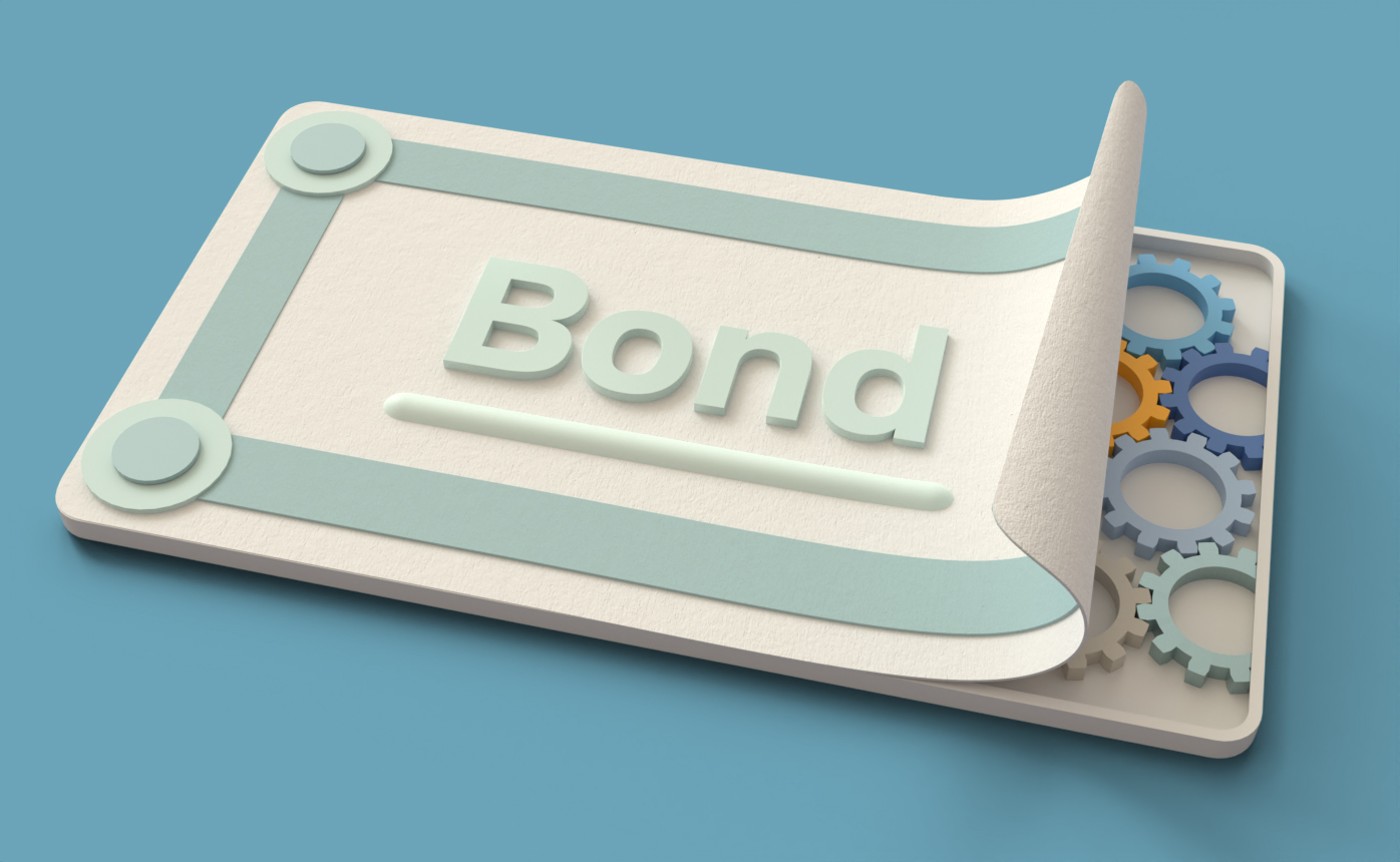
Sometimes the differences between direct investing in real estate and investing through a REIT can be quite significant. Both options have their advantages and disadvantages. This article will cover both. This will enable you to decide which investment method is best suited for you. Keep reading to learn more. Below are both the advantages and disadvantages to each investment vehicle. You should consider investing in REITs if your goal is to make real estate investments.
Investing with a REIT
It is worth considering the advantages and disadvantages to owning shares in REITs as well as directly owning real estate properties when you think about real-estate investments. While both types are good for generating recurring income they have significant differences. Directly owning real estate allows you to exercise your own creativity in the design of your building, choosing the tenants you want to live there, and so forth. Investing in a REIT doesn't offer this level of personal control, but it can lead to an emotional investment and sense of pride.

Investing in a direct real estate investment
Direct investing in property allows you to pick the properties that best suit your interests. As a direct real estate investor, you can set the rental rates, choose tenants, and decide how many properties you want to purchase. If interest rates go down, you can also refinance the mortgage or tap into the equity of your home. However, direct real estate investors also have to deal with liability issues and problems with tenants.
Cost efficiency
A cost segregation analysis is a key component of determining the overall cost efficiency a real-estate investment trust (REIT). This strategy can be advantageous to REITs as it reduces the dividend obligation. It does this by increasing depreciation and reducing distribution requirements. Cost segregation allows management the flexibility to buy only what it needs to insure its assets.
Income
Real estate can bring you many benefits. The best way to earn income from real estate is by renting your property. This can be done in single-family homes or multifamily properties. This income can pay for your mortgage payments and any other housing costs that might arise. Renting your property can be done by you or by a property management company. Here are some of the most popular types of real estate you can rent out.

Taxes
A REIT can provide tax benefits for many years. They continue to grow along with new federal tax rules. There are significant deductions that REITs offer over directly owned properties. Another overlooked provision of tax law allows REIT income to be deducted from your taxable earnings. This is especially beneficial to investors with higher incomes. These are just a few of the tax benefits REITs offer.
FAQ
Are bonds tradable?
Yes they are. They can be traded on the same exchanges as shares. They have been for many, many years.
The main difference between them is that you cannot buy a bond directly from an issuer. They can only be bought through a broker.
Because there are fewer intermediaries involved, it makes buying bonds much simpler. This also means that if you want to sell a bond, you must find someone willing to buy it from you.
There are many types of bonds. Different bonds pay different interest rates.
Some pay interest annually, while others pay quarterly. These differences make it easy compare bonds.
Bonds are very useful when investing money. You would get 0.75% interest annually if you invested PS10,000 in savings. This amount would yield 12.5% annually if it were invested in a 10-year bond.
You could get a higher return if you invested all these investments in a portfolio.
How are securities traded
The stock market is an exchange where investors buy shares of companies for money. In order to raise capital, companies will issue shares. Investors then purchase them. Investors then sell these shares back to the company when they decide to profit from owning the company's assets.
Supply and demand are the main factors that determine the price of stocks on an open market. The price rises if there is less demand than buyers. If there are more buyers than seller, the prices fall.
You can trade stocks in one of two ways.
-
Directly from the company
-
Through a broker
How do I invest on the stock market
Brokers can help you sell or buy securities. Brokers buy and sell securities for you. Trades of securities are subject to brokerage commissions.
Banks are more likely to charge brokers higher fees than brokers. Banks will often offer higher rates, as they don’t make money selling securities.
A bank account or broker is required to open an account if you are interested in investing in stocks.
If you are using a broker to help you buy and sell securities, he will give you an estimate of how much it would cost. He will calculate this fee based on the size of each transaction.
Ask your broker:
-
To trade, you must first deposit a minimum amount
-
If you close your position prior to expiration, are there additional charges?
-
What happens if your loss exceeds $5,000 in one day?
-
how many days can you hold positions without paying taxes
-
What you can borrow from your portfolio
-
whether you can transfer funds between accounts
-
How long it takes transactions to settle
-
The best way buy or sell securities
-
How to Avoid Fraud
-
How to get assistance if you are in need
-
Can you stop trading at any point?
-
whether you have to report trades to the government
-
If you have to file reports with SEC
-
Whether you need to keep records of transactions
-
whether you are required to register with the SEC
-
What is registration?
-
How does this affect me?
-
Who needs to be registered?
-
What are the requirements to register?
What is security in the stock exchange?
Security is an asset that generates income. The most common type of security is shares in companies.
One company might issue different types, such as bonds, preferred shares, and common stocks.
The earnings per share (EPS), and the dividends paid by the company determine the value of a share.
Shares are a way to own a portion of the business and claim future profits. If the company pays a payout, you get money from them.
You can always sell your shares.
Why are marketable securities important?
A company that invests in investments is primarily designed to make investors money. It does this by investing its assets into various financial instruments like stocks, bonds, or other securities. These securities offer investors attractive characteristics. These securities may be considered safe as they are backed fully by the faith and credit of their issuer. They pay dividends, interest or both and offer growth potential and/or tax advantages.
The most important characteristic of any security is whether it is considered to be "marketable." This is the ease at which the security can traded on the stock trade. Securities that are not marketable cannot be bought and sold freely but must be acquired through a broker who charges a commission for doing so.
Marketable securities can be government or corporate bonds, preferred and common stocks as well as convertible debentures, convertible and ordinary debentures, unit and real estate trusts, money markets funds and exchange traded funds.
These securities are preferred by investment companies as they offer higher returns than more risky securities such as equities (shares).
What is a REIT?
An entity called a real estate investment trust (REIT), is one that holds income-producing properties like apartment buildings, shopping centers and office buildings. These publicly traded companies pay dividends rather than paying corporate taxes.
They are similar to a corporation, except that they only own property rather than manufacturing goods.
Statistics
- Our focus on Main Street investors reflects the fact that American households own $38 trillion worth of equities, more than 59 percent of the U.S. equity market either directly or indirectly through mutual funds, retirement accounts, and other investments. (sec.gov)
- Individuals with very limited financial experience are either terrified by horror stories of average investors losing 50% of their portfolio value or are beguiled by "hot tips" that bear the promise of huge rewards but seldom pay off. (investopedia.com)
- "If all of your money's in one stock, you could potentially lose 50% of it overnight," Moore says. (nerdwallet.com)
- Even if you find talent for trading stocks, allocating more than 10% of your portfolio to an individual stock can expose your savings to too much volatility. (nerdwallet.com)
External Links
How To
How to make a trading plan
A trading plan helps you manage your money effectively. This allows you to see how much money you have and what your goals might be.
Before creating a trading plan, it is important to consider your goals. You may want to save money or earn interest. Or, you might just wish to spend less. You might want to invest your money in shares and bonds if it's saving you money. You can save interest by buying a house or opening a savings account. You might also want to save money by going on vacation or buying yourself something nice.
Once you have an idea of your goals for your money, you can calculate how much money you will need to get there. This depends on where your home is and whether you have loans or other debts. Also, consider how much money you make each month (or week). Income is what you get after taxes.
Next, save enough money for your expenses. These expenses include bills, rent and food as well as travel costs. These expenses add up to your monthly total.
You'll also need to determine how much you still have at the end the month. This is your net disposable income.
You now have all the information you need to make the most of your money.
Download one from the internet and you can get started with a simple trading plan. Ask someone with experience in investing for help.
Here's an example: This simple spreadsheet can be opened in Microsoft Excel.
This shows all your income and spending so far. Notice that it includes your current bank balance and investment portfolio.
And here's another example. A financial planner has designed this one.
It will help you calculate how much risk you can afford.
Remember, you can't predict the future. Instead, think about how you can make your money work for you today.